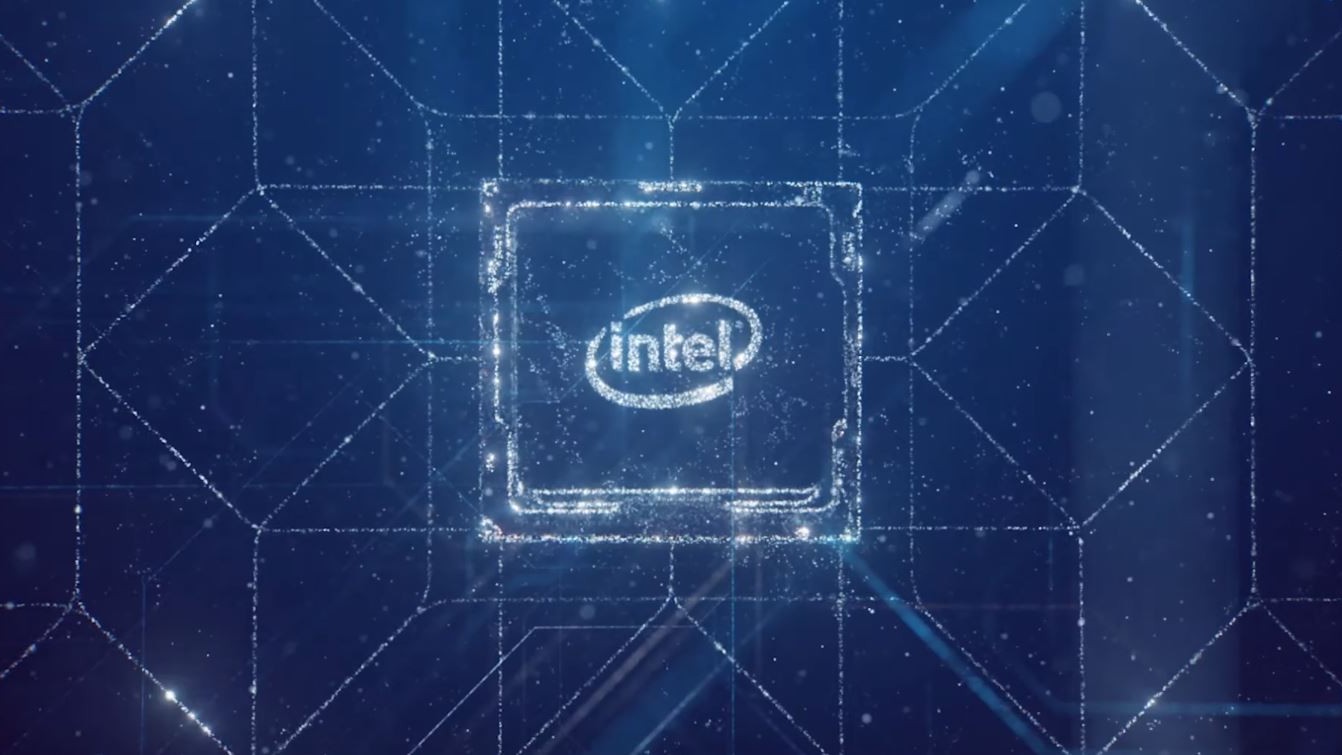Intel CPUs will fall behind AMD, rivals until at least 2021
Intel's reign could soon come to an end

Sign up to receive The Snapshot, a free special dispatch from Laptop Mag, in your inbox.
You are now subscribed
Your newsletter sign-up was successful
Intel's long reign as the leading laptop CPU manufacturer could soon reach its end.
Intel CFO George Davis admitted at a Morgan Stanley conference that 7-nanometer chips won't arrive until the end of 2021. With AMD and others further ahead in the development process, it could take Intel nearly two years to catch up, or reach parity with its rivals.
- AMD goes after Intel, unveils Ryzen 4000-series processors for laptops
- Intel 10th Gen Ice Lake CPU Benchmarked: Here's How Much Faster It Is
- Surface Laptop 3, AMD vs. Intel: Don't buy the wrong one
The shocking admission suggests Intel could, for the first time in recent history, fall behind the competition in mobile. As much as it would shake up the industry, such a decline has long been predicted; Intel has burned under the microscope of industry analysts who criticized the company for failing to move from a 14-nanometer to a 10nm node, a process that was delayed for several years.
When Intel finally released the 10nm chip -- called Ice Lake -- it was launched alongside a 14nm processor -- Comet Lake -- that offers faster computing performance. Many laptop makers opted for the latter in their premium devices, like Dell with the XPS 13. The main benefit of Intel's 10nm Ice Lake chip is upgraded Iris Plus graphics, but it still can't compete with discrete graphics (something Intel is working on itself).
As the wait for a 7nm (and eventually 5nm) chip continues, David explained that a 10nm+ Tiger Lake chip comes next. While this should be a better-optimized version of the current Ice Lake processor with lower base clock speeds and higher turbo, Davis was refreshingly candid about keeping expectations in check.
"Look, this is not going to be the best node that Intel has ever had," Davis said. "It's going to be less productive than 14 [nanometer], less productive than 22 [nanometer], but we're excited about the improvements we are seeing and we expect to start the seven-nanometer period with a much better profile of performance over that starting at the end of 2021."
He continued, "The fact is, it [10nm+] isn't going to be as strong a node as people would expect from 14nm or what they'll see in 7nm."
Sign up to receive The Snapshot, a free special dispatch from Laptop Mag, in your inbox.
Your turn, AMD
Intel's sluggish pace opens the door for AMD to continue its revival and finally break into the mobile space.
We're still eagerly awaiting our first review unit with AMD's new 4000-series processors but they promise faster performance than their Intel counterparts. More specifically, AMD's own tests claim that the upcoming Ryzen 7 CPU offers 90% better multi-threaded performance and 28% better graphics than the Intel Core i7-1065G7 CPU.
If those numbers check out, we could see a changing of the guard happen sometime this year. More than a dozen laptops with Ryzen 4000 chips are expected in the first quarter of 2020, and more than 100 systems will launch by the end of the year.
Phillip Tracy is the assistant managing editor at Laptop Mag where he reviews laptops, phones and other gadgets while covering the latest industry news. After graduating with a journalism degree from the University of Texas at Austin, Phillip became a tech reporter at the Daily Dot. There, he wrote reviews for a range of gadgets and covered everything from social media trends to cybersecurity. Prior to that, he wrote for RCR Wireless News covering 5G and IoT. When he's not tinkering with devices, you can find Phillip playing video games, reading, traveling or watching soccer.

